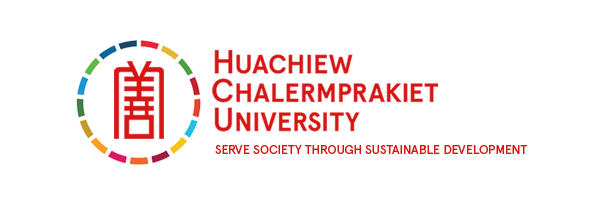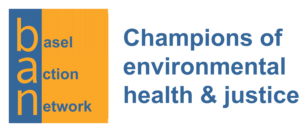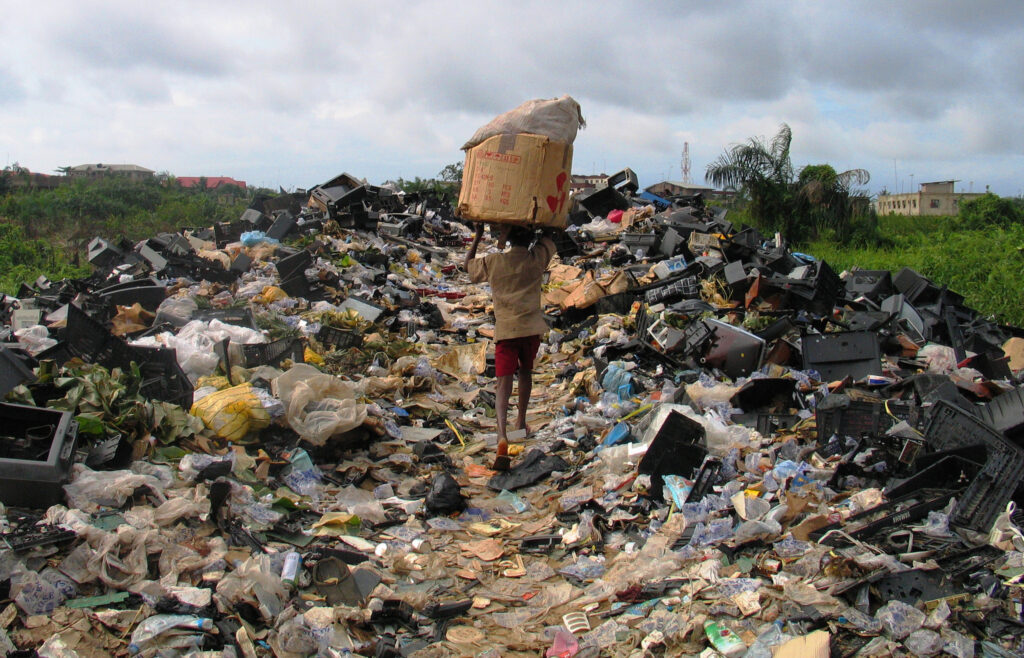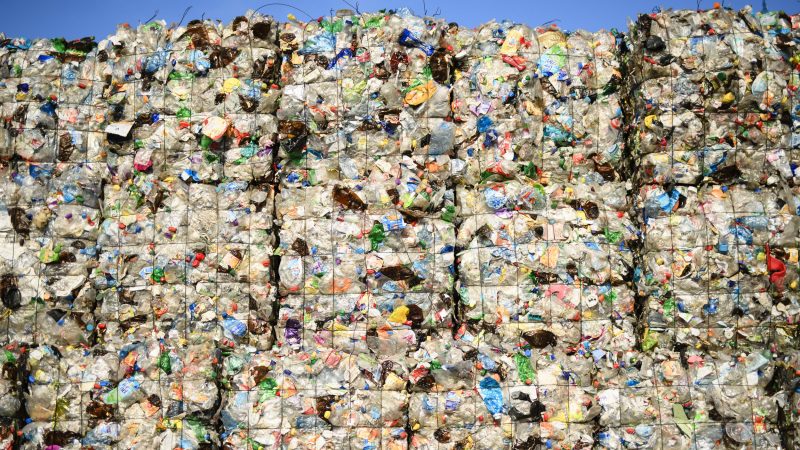
It became effective on 5 May 1992.
It was extended in 2019 to include plastic waste. The convention prescribes strict rules controlling the transnational movement of hazardous wastes, and requires that all parties to the convention take measures to prevent the dumping of these wastes in developing countries. The convention also requires that all parties take measures to promote the environmentally sustainable management of hazardous wastes within their own borders. The Basel convention has resulted in some positive impacts, especially reducing the transnational movement of hazardous wastes, and promoting their environmentally sustainable management.
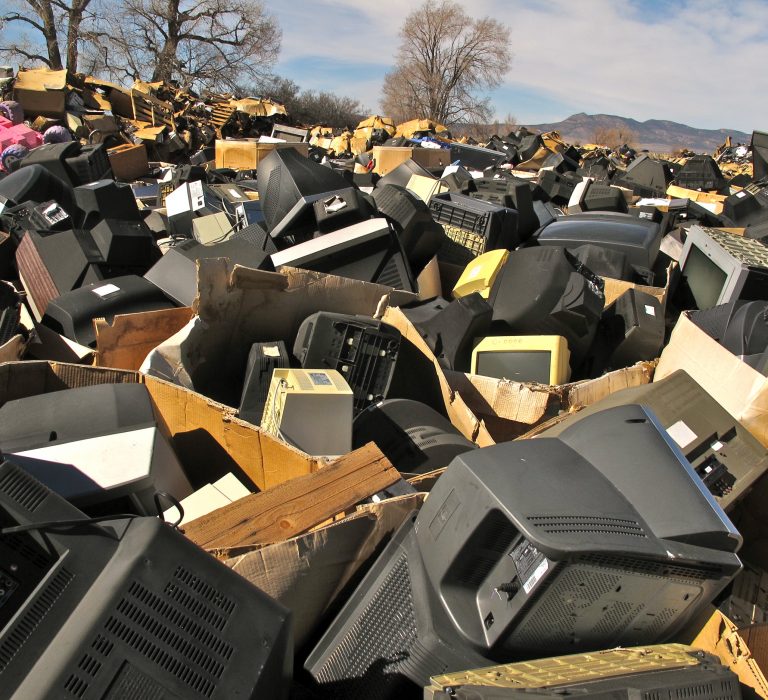
The Basel Action Network (BAN)
was named after the Basel Convention and is a global network of organizations working to promote environmental sustainability. The goals of the Basel Action Network are to reduce the environmental impact of waste, to promote the environmentally sustainable management of waste, and to raise awareness of its environmental impacts. The Basel Action Network is helping nations advance towards environmental sustainability by reducing the environmental impacts of waste, promoting the environmentally sustainable management of waste, and spreading awareness of the environmental impacts of waste. They use various methods to achieve their goals, including covert investigations BAN attached GPS tracking devices to items such as old monitors in recycling centres throughout Europe. In this way they were able to trace the routes and confirm the final destinations of the items. Some of these investigations showed that many European nations including UK are breaching the Basel convention by illegally exporting e-waste to countries outside of the EU.
References
Governments agree landmark decisions to protect people and planet from hazardous chemicals and waste, including plastic waste. UN Environment. (n.d.). Retrieved August
1, 2022, from https://www.unep.org/news-and-stories/press-release/governments-agree-landmark-decisions-protect-people-and-planet
Basel Action Network (BAN). (n.d.). Basel Action Network. Retrieved August 1, 2022, from https://www.ban.org/
Technology, I. E. (2019, March 28). How much E-waste does the UK export? Envirotech Online. Retrieved August 1, 2022, from https://www.envirotech-online.com/news/environmental-laboratory/7/breaking-news/how-much-e-waste-does-the-uk-export/48597
Photo : https://www.ban.org/
